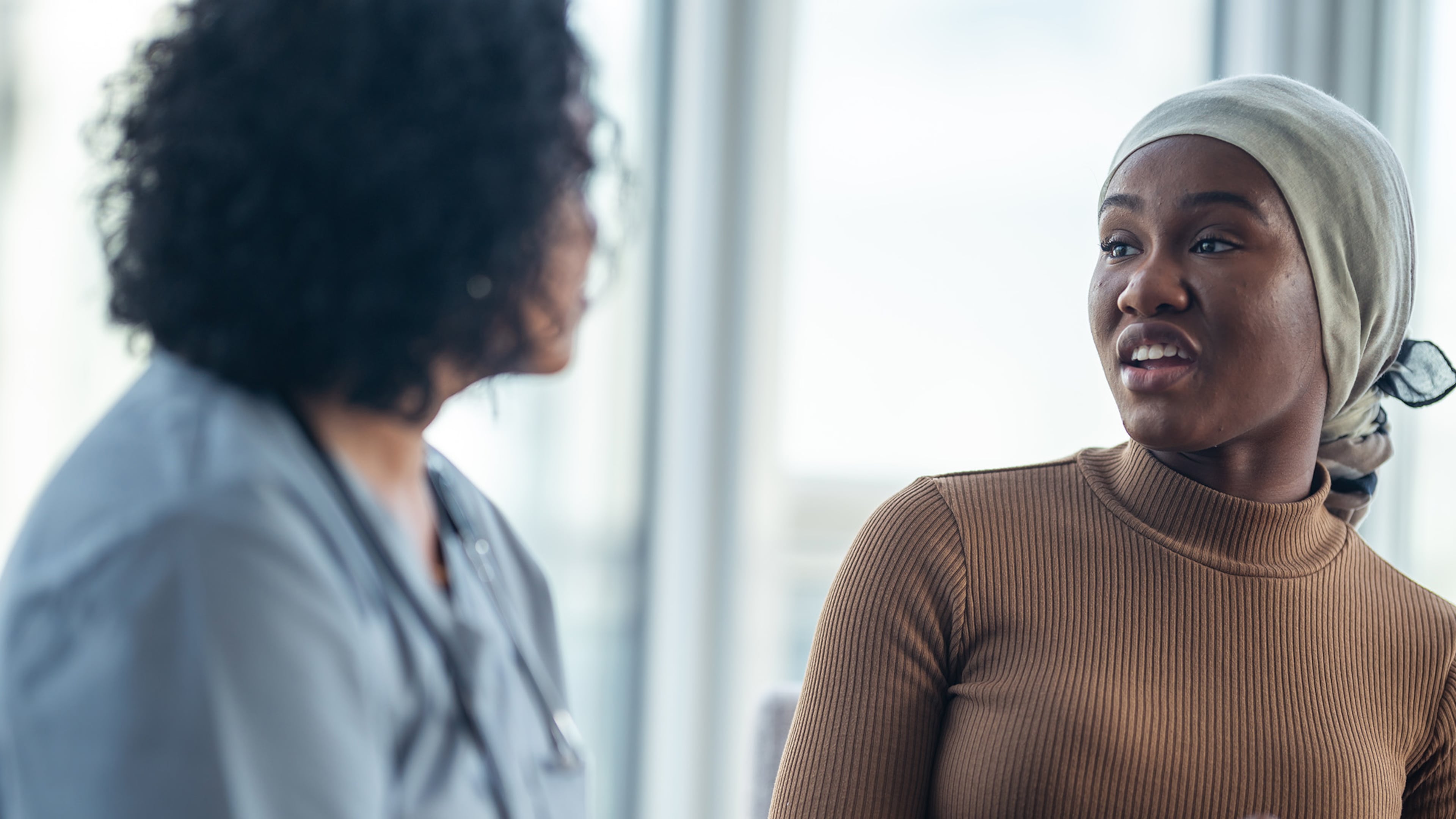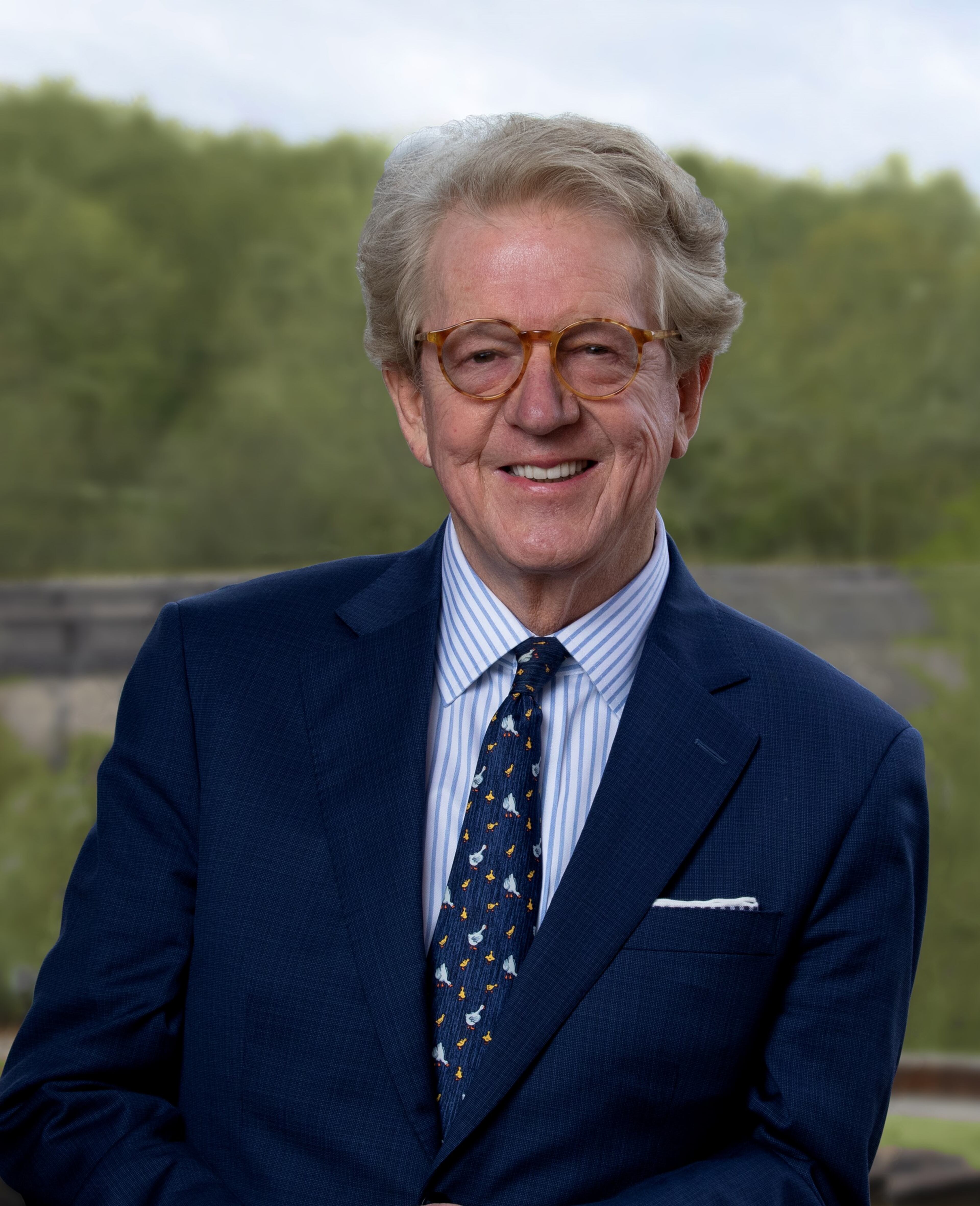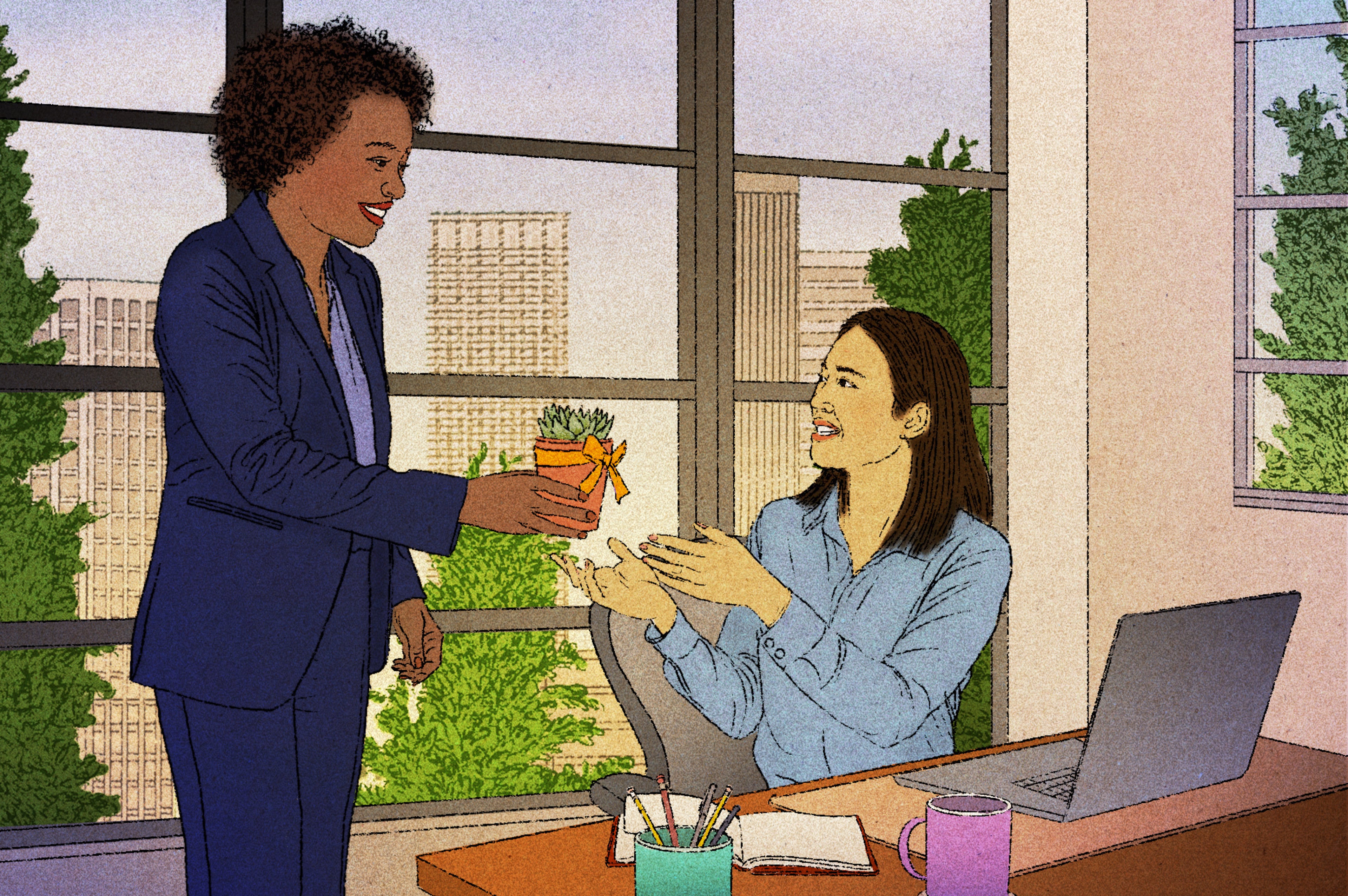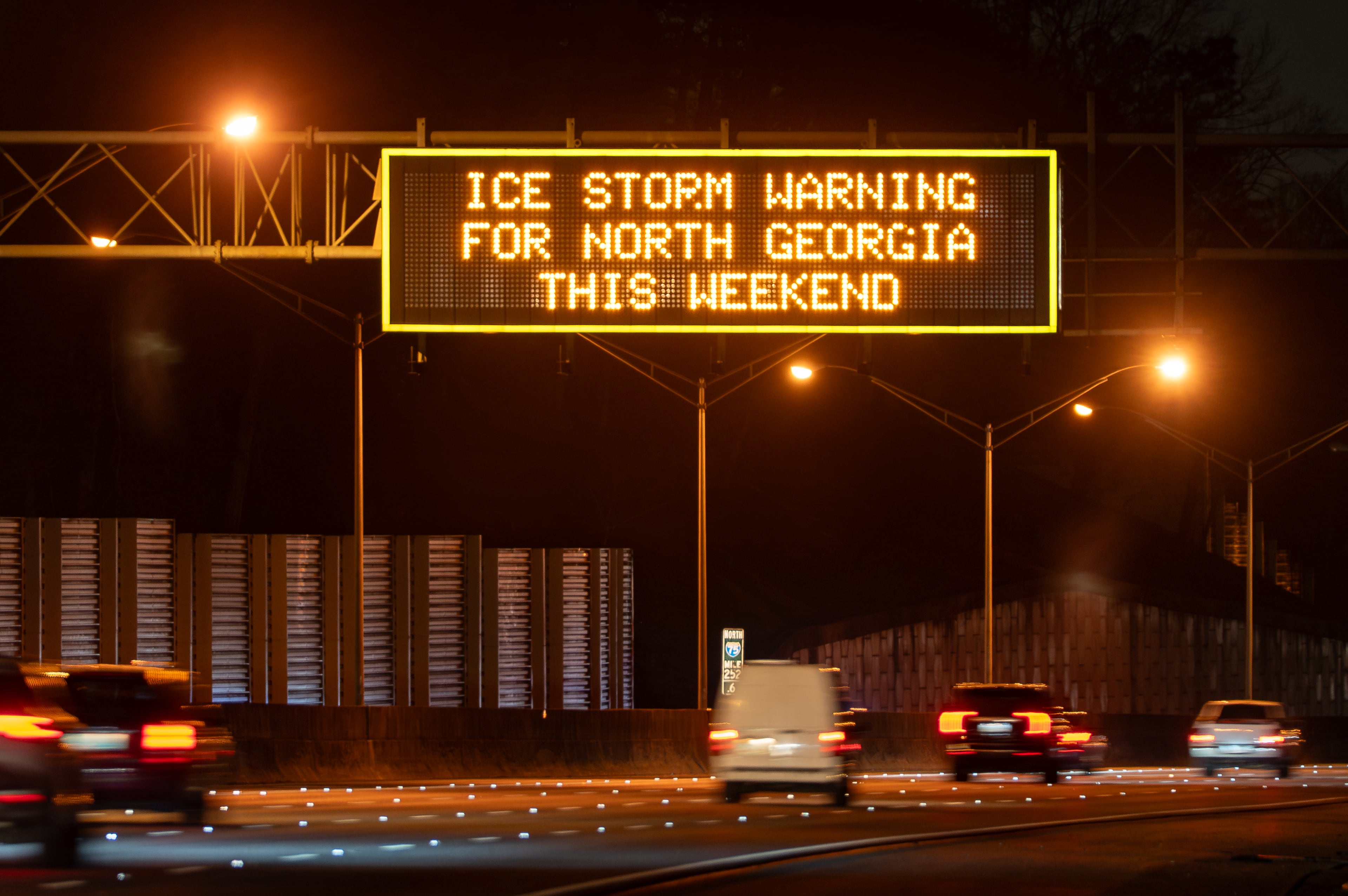Aflac CEO advice to youth: Get checked for cancer for your health and finances

When my uncle John passed in 1990, my family and I were devastated. He was the life of the party even if he wasn’t there. Then cancer took his body, along with his sense of humor, brilliant mind and business acumen.
With his passing, I suddenly became CEO of Aflac, and it wasn’t the first – or last – time cancer profoundly impacted my family. Decades prior, my grandfather withered away, also from cancer. More recently, we lost a beloved member of our family, still in his 40s. To say I’ve been touched by this terrible disease is an understatement.
Each year, 80,000 young adults between 20 and 39 are diagnosed in the U.S., according to the American Cancer Society.
Too often we hear about celebrities, athletes, royalty and dignitaries, all young, active and healthy-looking, diagnosed before their 50th birthdays. While mortality rates are declining, some cancers are more frequently diagnosed in younger Americans, and that should have us concerned.
Most Americans are delaying critical health screenings
As a dad, a granddad, a husband and 35 years as CEO, I’ve learned that we don’t avoid risk, we manage it. We drive cars but always buckle up.

We invest but diversify our portfolio. We let our children play but hold their hands when crossing the street.
We regularly visit our primary care physicians and schedule recommended screenings to get checked for cancer … Well, not so fast, because in reality, more than 90% of Americans have delayed important screenings that could detect health issues early and perhaps save their lives; 60% admit to avoiding them altogether.
As a young student at the University of Georgia, I learned three principles of risk management that shaped how I make business decisions to this day.
Now I want them to help save lives, as too many families face cancer without early warning.
Three pieces of advice for people wary of checkups
1). Don’t risk a lot for a little
Twenty-five percent of Americans who skip checkups either don’t like or trust doctors, or they feel embarrassed.
Sure, getting checked for breast, cervical or colorectal cancer is an intimate experience. But by opting out, we’re risking a lot to avoid a little short-term anxiety. I’m not discounting personal angst, but an ounce of prevention can be worth a lifetime of cure. So, my advice: Let’s get checked for cancer.
2). Don’t risk more than you can afford to lose
Our health is priceless, but you wouldn’t know it when looking at this paradox that speaks to our fears more than reason. People who believe they will get cancer are more likely to delay screenings.
I get it, cancer is a difficult word to hear, but bad news does not improve with age. Getting checked for cancer could provide peace of mind and, if there is a problem, knowing about it enables faster action. Some risks you can’t afford to lose. Make the appointment and get checked for cancer.
3). Consider the odds
The odds of a diagnosis for younger people are low, but not zero. The American Medical Association reports the rate of colorectal cancer, dangerous if not caught early, is rising in adults 20 through 49, yet 30% of eligible patients in the United States have not been screened.
Our data shows only a fraction of policyholders file wellness claims on their cancer policies, even when screenings offer the best way to abate potential danger, particularly as we age. Sometimes even bad news is good to have. Get checked for cancer.
Early detection reduces the cost to treat the disease
American Cancer Society data shows that between 1991 and 2022, 4.5 million cancer deaths were averted in the U.S., with early detection being a primary reason. But that’s not all. Getting checked can also assuage the financial toll of cancer.
In fact, in countries such as the United States, treatment of cancer patients who have been diagnosed early are two to four times less expensive compared to treating people diagnosed with cancer at a more advanced stage, according to the World Health Organization.
There are no guarantees when dealing with cancer. That said, there has never been more advanced technology and innovations to help news, good or bad, age better. But all the progress in the world will not help if we’re reluctant to apply it. We all bear individual responsibility for taking the necessary first steps. So, get checked for cancer and convince a loved one to join you. It could help save lives.
Dan Amos is the chairman and CEO of Aflac, based in Columbus, Georgia. He is one of the longest serving executive on the Fortune 500 list.


